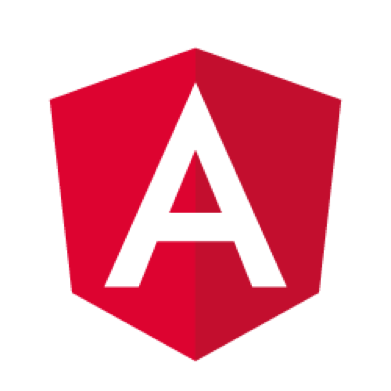In the fast-paced development world, time-saving tools are a must-have. One of those time-saving tools is a JavaScript Framework. Let's take a look at what exactly a JavaScript (JS) Framework really is.
JavaScript (JS) Frameworks are application frameworks written in JavaScript that provide a collection of components and functionality that can be used to create modern web applications. They usually handle and expedite many cumbersome tasks of web development, like the simplification of HTTP calls to a server or the provision of methods to interact and manipulate the DOM of a web page, etc.
Advantages of JS Frameworks
Let's dig deeper into the advantages of using a framework and how they can help us efficiently write applications.
Efficiency
One benefit of a JS Framework is the inclusion of pre-built functions. Thanks to the inclusion of pre-built functions, the developer ends up writing less code and developing applications faster; the alternative is the developer creating everything from scratch. This means that tasks that usually would take hours and hundreds of lines of code can now be completed in minutes!
Collaboration
Many JS Frameworks rely heavily on their communities and the feedback they provide. This is a big selling point for these tools because it is this same community that makes these tools better by reporting bugs or issues related to the pre-built functions that they provide. This is great because users not only provide bug-related feedback, but they can also suggest new features or bad user experiences that users might have stumbled upon. Chances are that by using a JS framework, you can eliminate poor user experiences and decrease the number of bugs you have to repair.
Security
The more a framework is used, the more security it requires. This is a vital reason to opt for a framework that has a large and active community. This same community acts as long-term testers, so they can report security-related issues and even provide solutions to issues.
Support
A JS Framework, like any other distributed tool, usually comes with documentation, a support team, and a community forum in which you can ask and report issues related to the tool. Another important component is that the most used JS frameworks are backed and heavily used by big companies like Google and Facebook, so the code base is being constantly updated.
Disadvantages of JS Frameworks
Of course, not everything related to JS Frameworks is ideal. Let's discuss a couple of disadvantages of these tools:
Lack of customization
As developers, we like to have complete control of our development and, in some cases, we even tend to modify the default behavior of a tool. Sadly, modifying the pre-built functionality of frameworks is hard and cannot be done by yourself, but here's where the community forums come along. If you find an issue or identify an improvement to a framework, you can always go to the community forums or repository to suggest and/or report your improvement and/or bug.
Updating
Updating JS frameworks is like a double-edged sword. You have two options: sticking to the version you already have or updating to the latest one. Sticking with an older version brings the risk of missing out on some of the latest web methodologies and standards, and it could mean having unidentified bugs in your code. Obviously, this is not recommended. The better option is to update your frameworks. Updates are great because they bring performance improvements and often bug fixes to your code-base. However, there are times that big updates come along and can screw everything up by introducing breaking changes that make your code non-compatible with the latest versions. Of course, this is not common and is often left to major releases. Still, this is an important aspect to keep in mind when opting to update the framework of a large code base.
The top 3 JavaScript Frameworks
Frameworks are constantly evolving and adopting a plethora of modern web standards and methods. What's more, JavaScript Frameworks are being regularly updated and spawning new iterations as if they were self-reproducing.
This can be hard when making a decision on which JavaScript Framework to use. Below we discuss the big three frameworks that make up the favorites for the majority among modern web developers.

One of the most opinionated frameworks. Angular is a big and robust framework that has been widely adopted by enterprises because of the way it adopted TypeScript as its main language. By using TypeScript, developers that already know a heavily typed language, like C# or Java, can easily adapt to the way Angular is structured. Also, this framework is backed by Google, so support and updates are constantly provided.

React sells itself as "A JavaScript library for building user interfaces", and contrary to Angular, they only provide core code to build your application, leaving tasks like routing and data-fetching to third-party libraries. What they are also famous for is popularizing functional programming principles among new web developers. React is backed by Facebook, so support and updates are offered regularly.

Vue, contrary to Angular and React, sells itself as a progressive framework. What they mean by that is, at a minimum, you can use it to handle your view layer only (like replacing JQuery). Alternately, you can use it to fully handle your application (even routing can be handled with Vue). As opposed to the other two frameworks mentioned, it relies on donations rather than having big corporate support.
Of course, there are more than just three frameworks, but these are the three most popular among web developers. Always weigh the options and choose the one that fits your needs. By using a JavaScript Framework, you reduce the development time of an application while also using well-tested code. The chances of an efficient and bug-free final product are substantially improved with the use of a proper JavaScript Framework.
For more information
If you have any experience with JavaScript Frameworks and want to share it with us, or if you want to learn more about frameworks and which one your company needs, feel free to contact us here!



